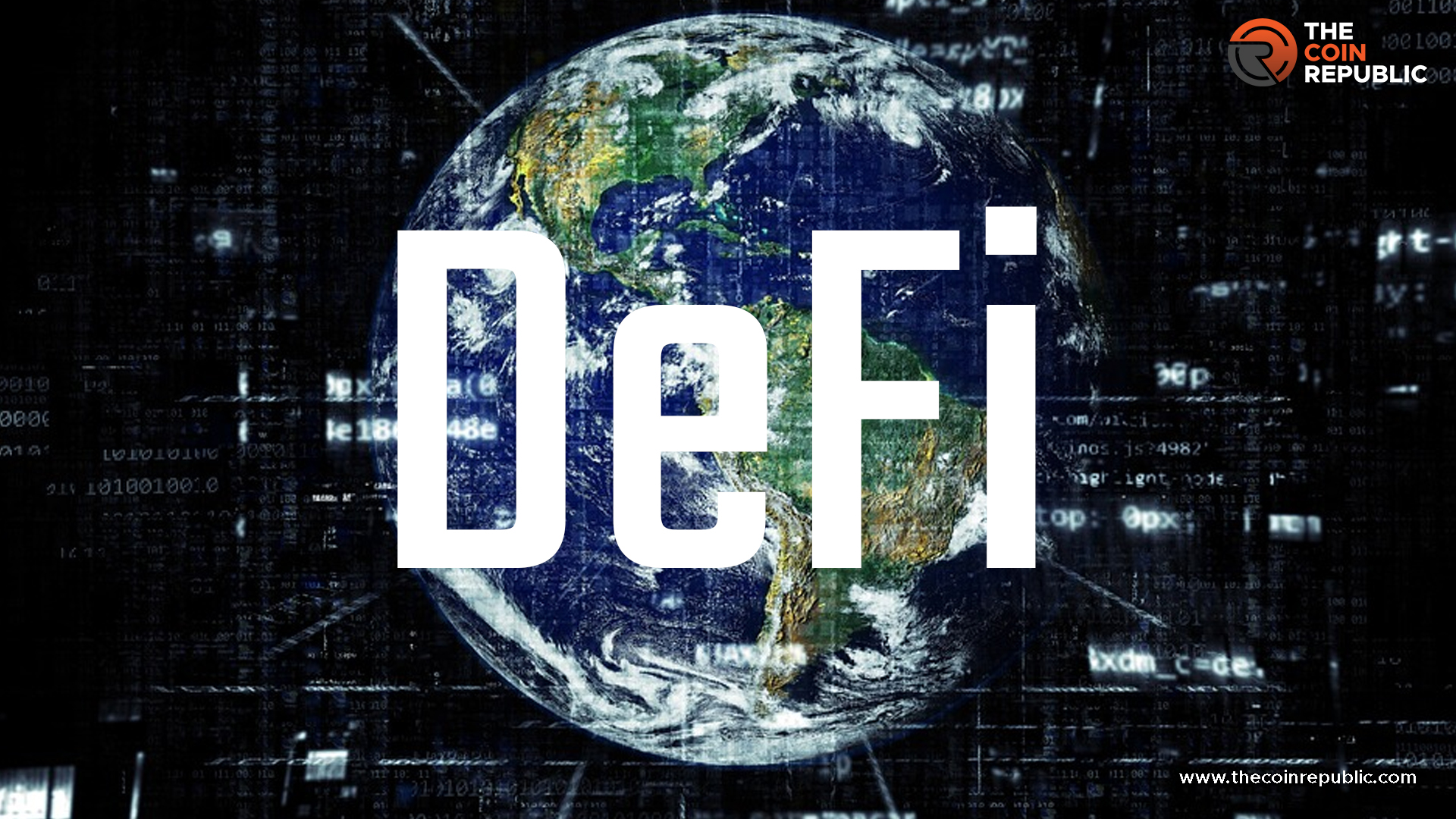
- 1inch Network introduces Fusion Update for their 1inch Swap Engine.
- The update will allow DeFi investors great benefits.
- Fusion provides protection against Maximum Extractable Value (MEVs).
A piece of good news for Decentralized Finance users comes from a leading DeFi aggregator, 1inch. They have announced a major upgrade, Fusion, around its 1innch Swap Engine, intending to deliver secure, profitable and cost-efficient swaps for crypto investors.
The Fusion mode will allow DeFi investors to place a time ranged and predecided priced order without paying any network fees. Also, the upgrades include network improvements such as tokenomics and updates staking contracts.
Working as a decentralized matching and trading system, 1inch Swap Engine helps connect all DeFi users and provides liquidity for crypto trades through a professional market maker. When asked about his intent behind the upgrade, Sergej Kunz, 1inch Network co-founder, stated that,
“Fusion makes swaps on 1inch dramatically more cost-efficient, as users won’t have to pay network fees, plus, an extra layer of security is added, protecting the users from sandwich attacks.”
In contrast to the traditional centralized approach, 1inch’s newest upgrade allows investors to perform secure non-custodial swaps that are performed in a completely permissionless and trustless way.
As per the announcement, 1inch offers limitless liquidity and employs a new decentralized order-matching approach based on the Dutch auction model.
Fusion allows users to exchange tokens on various DEXes without paying any network fees. Also, allowing users to choose the time of order execution as per their unique requirements.
Furthermore, the Fusion mode provides protection against the Maximum Extractable Value (MEV), which refers to the maximum value that could be extracted from block production more than the standard block reward and gas fees.
Along with the upgrade, 1inch also launched the 1inch Resolver Incentive Program, which shall help users get a refund on gas spent on filling users’ orders in Fusion mode until December 31, 2022.
As expected by security experts, bridge attacks shall pose a serious threat to the DeFi sector in 2023.
While speaking to the media, Theo Gauthier, founder and CEO of Toposware, pointed out that the bridges have an “inherent vulnerability,” mainly because they heavily rely on the security of the chains they connect to.
In order to overcome this fall, one major technology which is available in the market is Zero-Knowledge Proofs (ZKPs). They allow the data to be verified and proven accurate without revealing further information.
There’s always been a debate going on over CEXes and DEXes. Both have pros and cons, the major being that, with CEX, investors lose ownership of the funds, which has been a major cause of concern lately. But switching completely towards DEXes shall take a lot of time, and trust has to be garnered by the industry for its mass adoption.



















